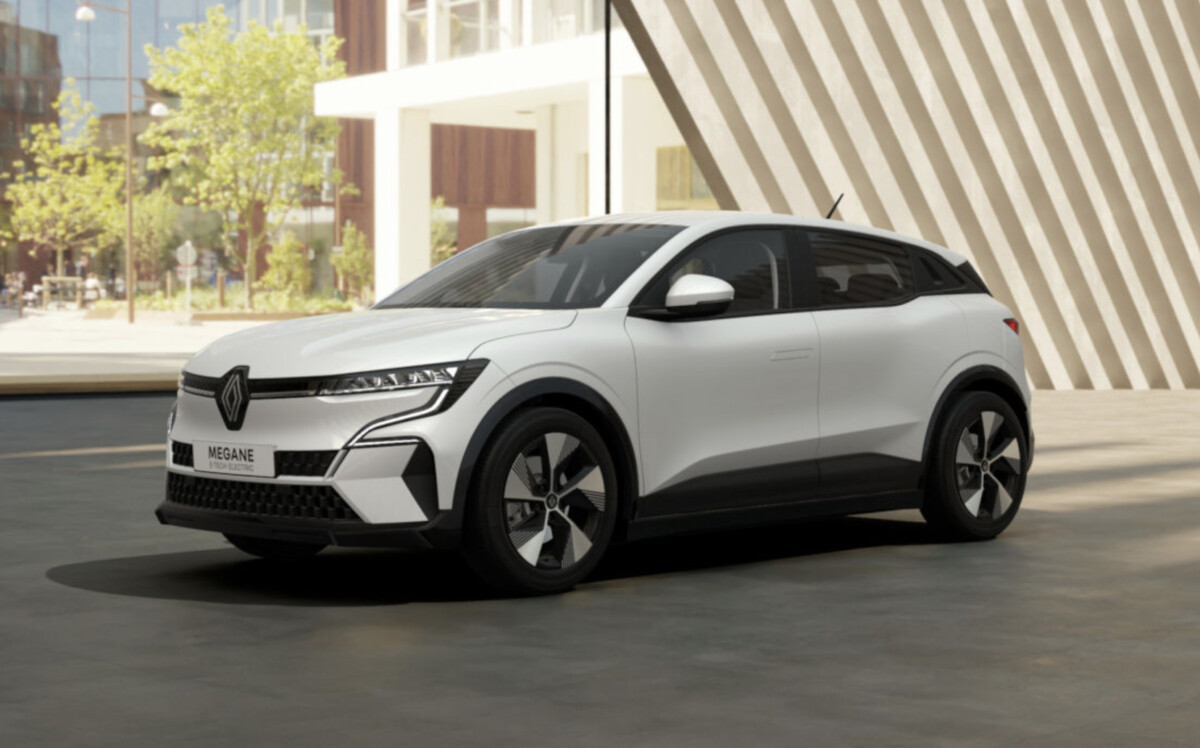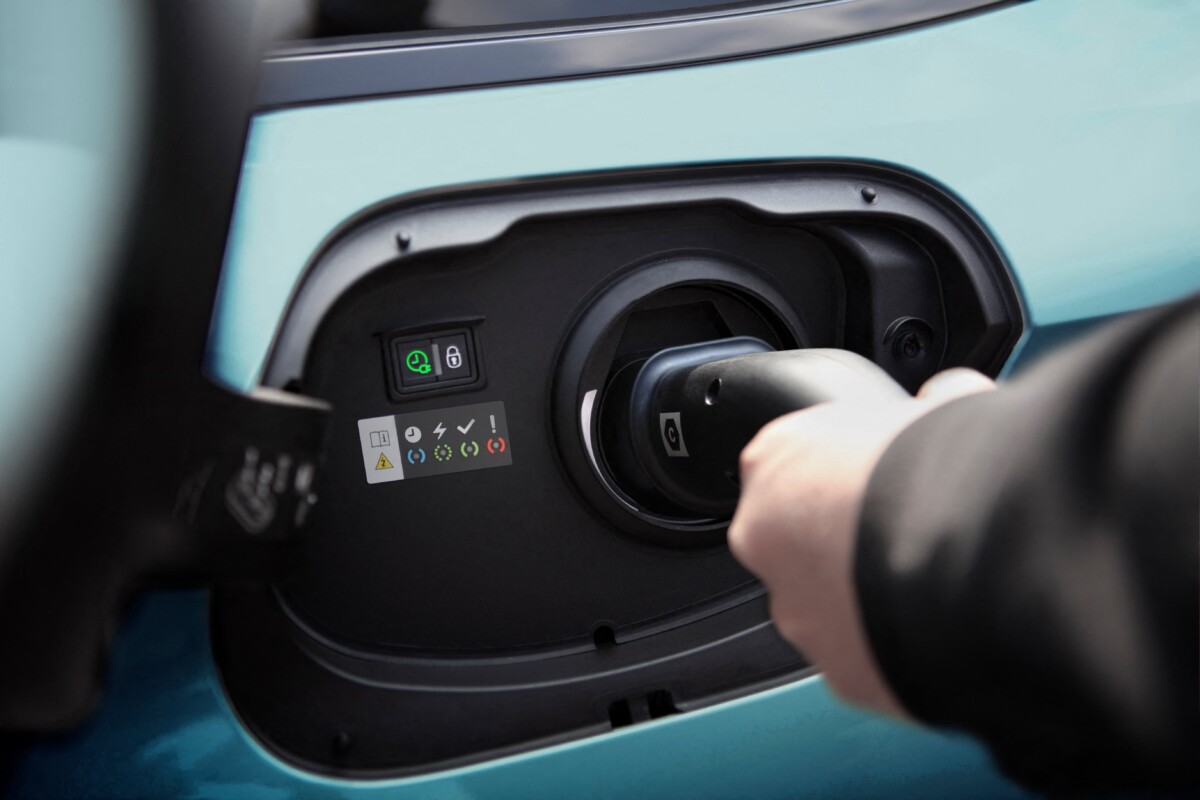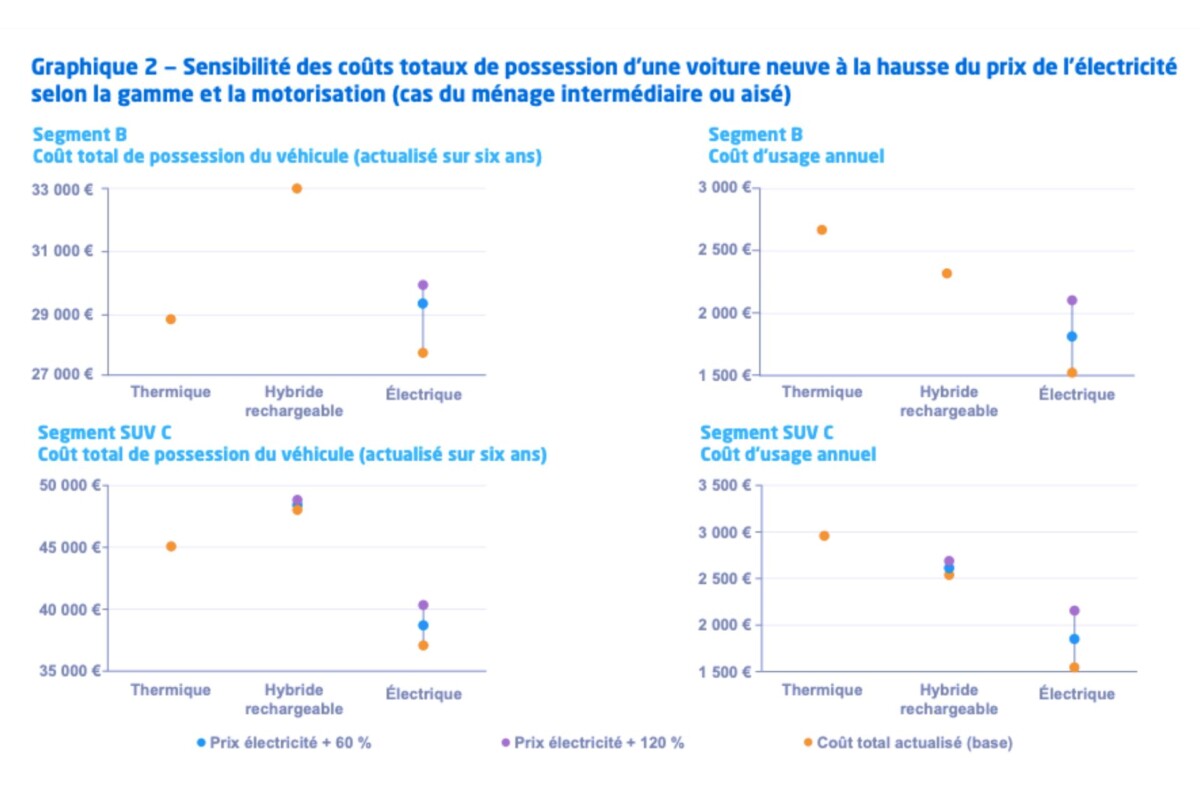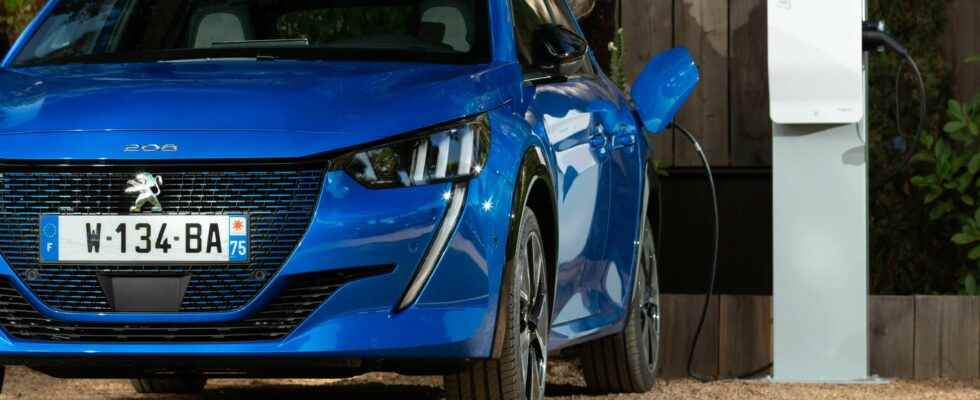According to a report by France Strategy, an electric car is much less expensive than a thermal vehicle. And this even if its purchase price is higher and the electricity has increased in recent months.
Electric cars are a real success in France. So much so that registrations have exceeded those of diesel models, with a market share of 13% according to the AAA Data report. However, buying an electric model is not yet a reflex for everyone, due to many obstacles, such as autonomy but also prices. However, these two legitimate fears are less and less so, while the network of charging stations is becoming denser and the expenses are not necessarily higher than for petrol or diesel models, quite the contrary.
A higher price, of course…
Buying an electric car is not within everyone’s reach, of course, while this engine generally costs more than its thermal equivalent. As explained in a report produced by France Strategythe additional cost of purchasing between an electric and internal combustion B-segment city car is in fact 16,000 euros on average.
An amount that does not take into account all the aid such as the ecological bonus of 6,000 euros (increased to 7,000 euros for low-income households from 2023) as well as the conversion bonus. That is, on average, 7,200 euros in aid per household.
That’s a little less for a C-segment SUV, with a difference of around 10,000 euros excluding aidwhich would however be » almost entirely compensated by the bonus and malus tax“. Thus, the additional cost would only be 660 euros in practice. The aids then make it possible to compensate for this thermal/electrical difference.

But that’s not all. Because if it is not necessarily obvious at first glance, owning an electric car will definitely cost you less than having a gasoline or diesel vehicle. Indeed, France Strategy explains that when using ” in use, the electric vehicle is less expensive for a household (savings of around 1,200 euros per year taking into account maintenance and the energy bill for a segment B vehicle)“.
Indeed, it should be remembered that electric models are much easier to repair, requiring less time and less manpower, which then costs less. In addition, certain consumables such as brake pads are much less damaged, which further reduces expenses. But that’s obviously not all.
… but a reduced cost in use
Furthermore, in addition to aid and maintenance, which make it possible to compensate for the additional cost, resale must also be taken into account. Indeed, as the report states, the value of a thermal car ” may be expected to drop significantly as traffic restrictions develop“. The discount for electric models could therefore be a little less important, but France Strategy qualifies all the same, explaining that the latter can also “ suffer a greater discount in the event of rapid technical progress, particularly in terms of battery life“.
What about the rise in the price of electricity? If this has a strong impact on the price of recharging, so much so that some claimed that it would be more expensive than a full tank of diesel, it is still limited. And this, thanks in particular to the tariff shield put in place by the government, which limits the increase in the price of electricity to 4.5% at home.

According to a graph from the report, the cost of owning a B-segment city car or an electric C-segment SUV would in most cases still be lower than that of equivalent thermal models, even if the price of electricity increased by 60%. Nevertheless, the profitability of an electric car depends on many parameters.
France Strategy emphasizes that this is ” immediate for an entry-level model purchased by a very modest household, or for an SUV C for all households“, while a segment B vehicle pays for itself after 13 years of ownership in the absence of aid. A duration reduced to 6 years “ taking into account the aid in force » for a non-modest household.

The current challenge is toencourage motorists to go electric, while dissuading them from opting for heavy vehicles with large batteries, the production of which is more polluting. This is in particular the bias taken by Renault, with “small batteries”, which also reduces the cost of manufacturing electric cars.
For this, France Strategy issues several recommendations, such as ” finer targeting of the ecological bonus, in particular by restricting it to small electric vehicles; a hardening of the penalty on emissions and weight, with in particular for the latter its extension to electric vehicles; specific support for low-income households, especially positioned on the second-hand market where electricity supply is limited (for example through leasing formulas) and a framework for expectations on the price of electricity and the availability of refills“.
To follow us, we invite you to download our Android and iOS application. You can read our articles, files, and watch our latest YouTube videos.
